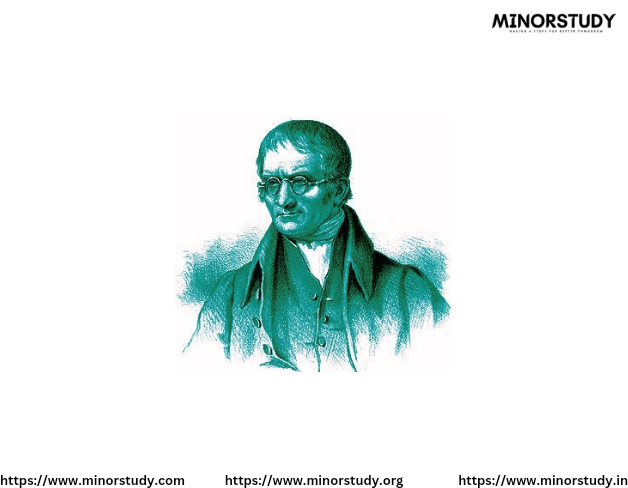Sofia Kovalevskaya
- Minorstudy Web blogs
- Dec 6, 2024
- 3 min read

Sofia Vasilyevna Kovalevskaya (January 15, 1850 – February 10, 1891) was a pioneering Russian mathematician, writer, and advocate for women's rights. She was the first woman to earn a doctorate in mathematics (in modern terms) in Europe, the first woman to hold a full professorship in mathematics, and one of the first women to make significant contributions to mathematical research.
Early Life:
Born: January 15, 1850, in Moscow, Russia, into a wealthy and intellectual family.
From an early age, Sofia displayed a keen interest in mathematics. Her childhood home featured her uncle's calculus notes on the walls, which she studied.
Due to societal restrictions on women's education in Russia, Sofia pursued her studies privately and later moved to Western Europe to seek formal education.
Education:
Sofia studied under renowned mathematicians such as Karl Weierstrass at the University of Berlin. However, she was not allowed to attend lectures formally due to her gender.
In 1874, she earned her doctorate "in absentia" from the University of Göttingen, Germany, by submitting three groundbreaking papers in mathematics, including one on partial differential equations, which became a cornerstone of modern mathematics.
Career Achievements:
1. Contributions to Mathematics:
Her research covered:
Partial Differential Equations: Her work on the Cauchy–Kovalevskaya Theorem provided conditions for the existence of solutions to certain differential equations.
Celestial Mechanics: She studied the rotation of a rigid body around a fixed point, making significant contributions to the theory of the spinning top.
Analysis and Mechanics: Her work influenced both theoretical and applied mathematics.
2. Academic Career:
In 1884, Sofia was appointed as a professor at Stockholm University, becoming the first woman in modern Europe to hold a professorship in mathematics.
She also edited the prestigious mathematical journal Acta Mathematica.
3. Literary and Social Contributions:
Sofia was also an accomplished writer, authoring novels, plays, and autobiographical essays.
She was an advocate for women's rights, using her prominence to challenge societal norms and inspire other women to pursue intellectual careers.
Challenges:
As a woman in a male-dominated field, Sofia faced significant societal and institutional obstacles throughout her life.
Her marriage to Vladimir Kovalevsky, a political activist, was both supportive of her career and fraught with difficulties, including financial struggles.
Legacy:
1. Trailblazer for Women in Mathematics:
Sofia paved the way for future generations of women in science and mathematics, proving that women could excel in fields traditionally reserved for men.
2. Mathematical Contributions:
The Cauchy-Kovalevskaya Theorem remains a fundamental result in mathematical analysis.
Her work on the motion of rigid bodies is still referenced in modern mechanics.
3. Inspiration Across Disciplines:
Sofia’s ability to merge science, literature, and advocacy makes her a unique figure in history, inspiring not just mathematicians but intellectuals in all fields.
Interesting Facts:
Sofia was a close friend of novelist Fyodor Dostoevsky and shared intellectual and literary interests with him.
To leave Russia for her education, she entered a marriage of convenience with Vladimir Kovalevsky, a progressive thinker who supported her ambitions.
Quotes:
“Say what you know, do what you must, come what may.”
“Many who have never had any difficulties in life are unable to understand the true meaning of success.”
Significance:
Sofia Kovalevskaya is remembered not only as a brilliant mathematician but also as a symbol of perseverance and intellectual freedom. Her life and work continue to inspire mathematicians, scientists, and advocates for gender equality worldwide.











Comments